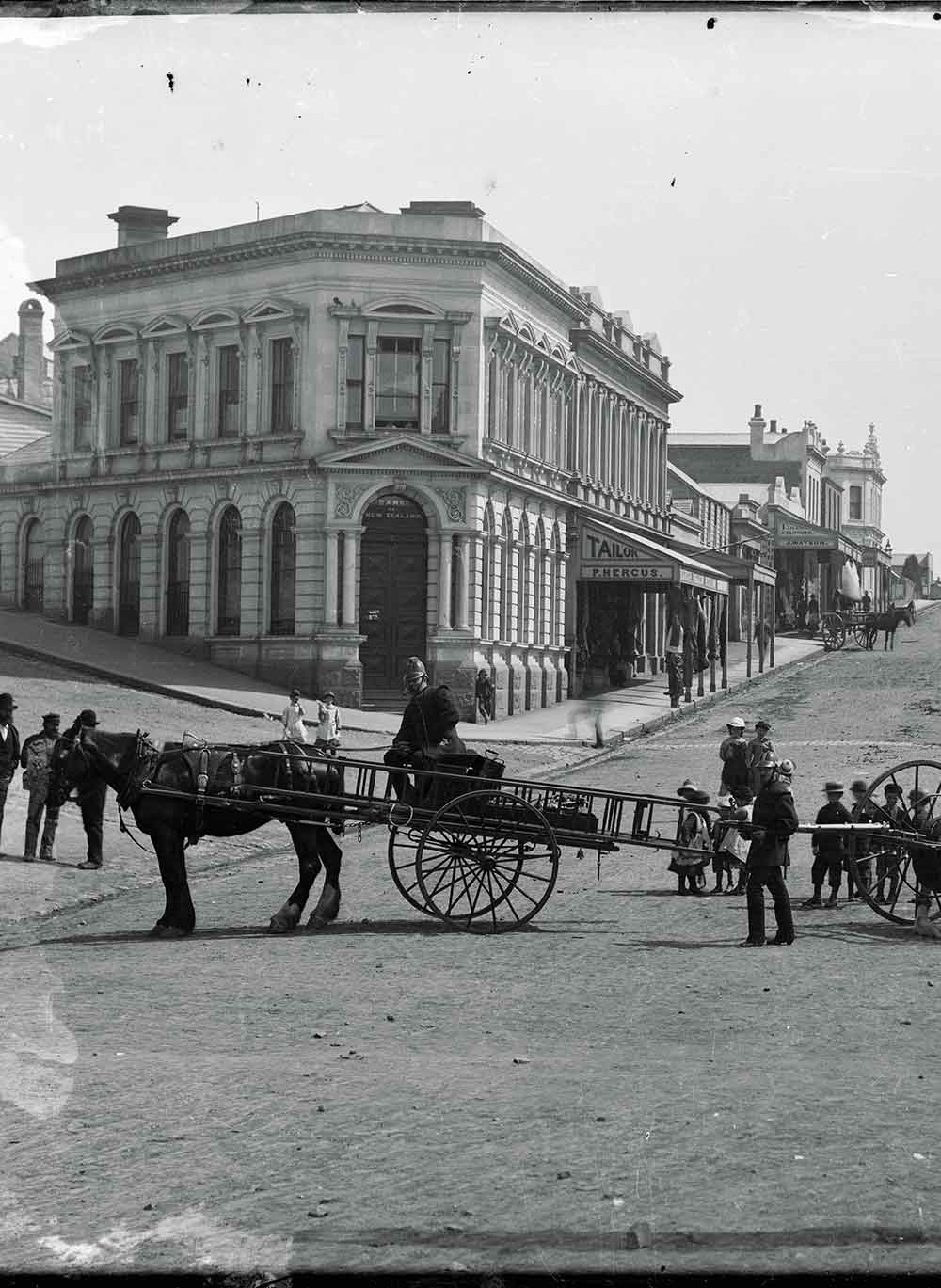

Not quite Dunners
A move back to Ōtepoti Dunedin to buy a house stirs up memories of U-Haul lesbianism and white-tail spiders.
By Hera Lindsay Bird
My first view of Dunedin was the day I moved here, almost a decade ago. At the time, moving somewhere I had never been seemed romantic and old-fashioned, like one of my great great great Scottish grandfathers, with their mossy tombstones and ecumenical dispositions, arriving in Port Chalmers after a hundred days at sea, and stepping off the boat into the new world they had, for genealogically obscure reasons, elected to die in.
In truth, I didn’t bother to vet the neighbourhood, because I was moving to Dunedin for love, and the geographical particulars didn’t matter to me. The idea of moving somewhere I had never been for love was a great story, and I was at an age where stories were more important than details.
The story was this: I had unexpectedly fallen in love with a work colleague, upgraded my sexuality and boldly embraced my new culture by participating in the ancient lesbian tradition of u-hauling; signing a lease together in an unfamiliar city, despite only having been together for five months. We chose Dunedin because my ex wanted to study here. I didn’t care. As a newly minted adult, I’d never lived anywhere besides Wellington and considered it a personal failing. Most of my high school friends had already moved overseas to the kinds of cities you saw on T-shirts. Berlin, London, New York. There was something that appealed to me about doing the exact reverse. It was a kind of geographical asceticism and I looked forward to bragging about it in emails.
We arrived at night, in the middle of winter, on the last day of the Matariki festival. When the plane landed it was already dark, and my first view of my new home was an endlessly long, endlessly black stretch of coastline. In the dark, it looked like a mirror image of my childhood home on the Thames coast, only facing the wrong direction.
There’s something disconcerting about arriving somewhere new in the dark. Like being blindfolded and transported in the back of a kidnapper’s trunk. We had rented a little flat in a historic brick building, above a vintage store called Box of Birds. In the one photo that exists of my great great great grandfather (alleged tailor and volunteer fireman), you can see my bedroom window floating above him like a portal. After we deposited our suitcases, we went for a walk to explore our surroundings. We walked past the port, which was always beautiful in winter, a little boy’s Valhalla, lit up with blinking Christmas lights and enormous cranes, turning their heads like a herd of mechanical giraffes. Past the timber yard, which always made the air smell like pencil shavings.
We were walking aimlessly. But we stumbled across a crowd of people, gathered around the small wooden dock at Back Beach. We stood on the pier and watched Dudley Benson, grey-faced and silver- wigged, row ashore through the mist, dressed as the ghost of Captain Cook, clutching a lantern. He disembarked, and moved through the crowd like a sleepwalker, handing out beads and feathers. He pressed a bent silver nail into the palm of my hands. If this sounds like a metaphor, it’s not, although it certainly felt like it at the time. If any retrospective conclusions can be drawn, it’s that Dunedin has a robust and eccentric, if somewhat overly sincere arts community. But at the time it felt like a portent of things to come.
It was only the next morning we saw where we lived. Our house was across the road from the allegedly haunted Chicks hotel, and Iona church, with its great luminous clock face that is always visible, like a low-hanging moon.
Living across the road from Chicks Hotel was great. Back then, it was still a popular live music venue, and we could sit on our windowsills and hear the music drifting across the street, without having to bother to leave the house. The one major downside to living in Port was the cruise ship tourists. We didn’t encounter them until later that summer when the streets were suddenly awash with Americans. I would wake up each morning to the sounds of the ghost tour, which began and ended outside our house. The cruise ships all had opulent, golden-age names like The Celebrity Solstice and The Ruby Princess, and the town of Port Chalmers had transfigured itself to accommodate them. There was a vintage hat shop, an artisan honey store, a gift emporium with enormous ornamental wicker bird cages, and ugly pre-distressed furniture. It was easier to buy an antique rocking horse in Port Chalmers than a loaf of fresh bread.
